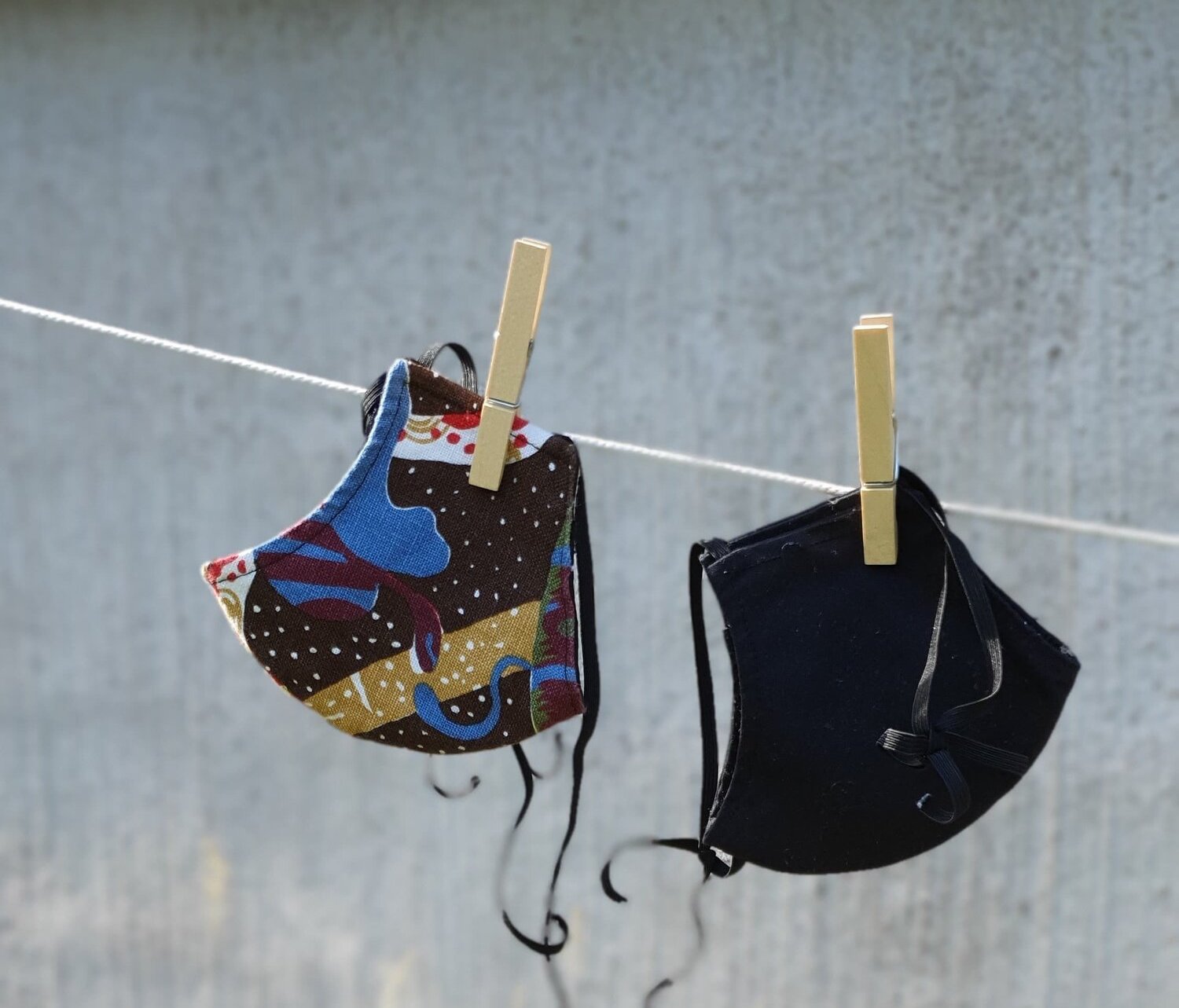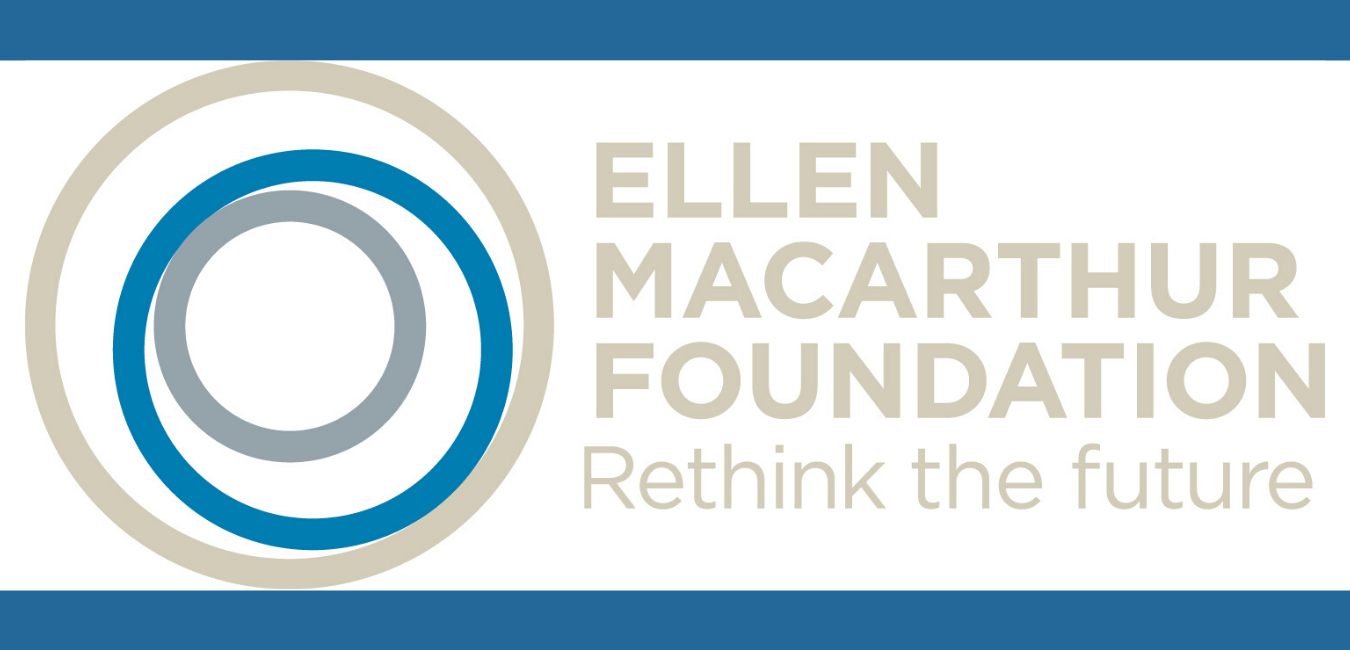
BEST FACE MASKS FABRICS TO SAFEGUARD AGAINST COVID-19
As both the Scottish and English Governments have now introduced mandatory rules for using face masks in shops, many individuals and businesses are now scrambling to source protective face masks.
While the proactive response from Scottish manufacturers and DIY crafters has been an inspiring nation-wide effort, it’s important to take a moment to consider the fabric and whether these comply with the latest World Health Organisation (WHO) advice on the best fabrics and face mask designs. After all, both the design and fabrics can impact a face masks’ effectiveness.
Join us as we offer some top tips on how to choose the best face mask fabrics to protect you and your community from COVID-19.

BEST FABRIC FACE MASK MATERIALS
While there’s a lot of debate about the best fabric face mask design, the WHO offers some basic design tips and guidelines about the different types of materials that make an effective face covering.
Crucially, all masks should consist of three layers of fabric:
-
Water-resistant outer layer. The outer layer needs to be water-resistant to prevent water droplets from reaching your airways. Polyester is an affordable and readily-available material that gives you the necessary water-resistant protection.
-
Central filter. The middle layer of a face mask should act as a filter to restrict the two-way movement of particles. Research suggests that a sheet of tightly woven cotton (~600 threads per inch) combined with two sheets of chiffon made from polyester and spandex will filter between 80-99% of particles.
-
Water-absorbing inner layer. The sheet of fabric in contact with your face should absorb the water droplets in your breath. Cotton fibres are extremely absorbent and will also provide a comfortable solution to minimise skin irritation.

FABRICS TO AVOID FOR FACE MASKS
Despite many fashion brands putting their own creative spins on designer face masks, it’s important to steer clear of certain fabrics that won’t provide the necessary protection.
A social enterprise called Smart Air has recently conducted a study into the breathability and filtering capabilities of a range of fabrics. Following extensive testing, they identified merino wool, cashmere and lightweight ramie as poor filters that should be avoided in antiviral face masks.
WHERE TO BUY FABRIC FACE MASKS
While initial “panic buying” left the supermarket shelves stripped of vital protective garments, Scottish retailers are working around the clock to meet the growing demand for safe and comfortable face marks.
Here at Kalopsia Collective, we’re incredibly grateful for the support from our local community over the past few months. We’re proud to have tailored our services to help our loyal patrons and do our bit in Scotland’s effort to fight the battle against COVID-19.
Explore our range of custom-made face masks, made from a combination of cotton and polyester, to protect your community.




Leave a comment
This site is protected by hCaptcha and the hCaptcha Privacy Policy and Terms of Service apply.